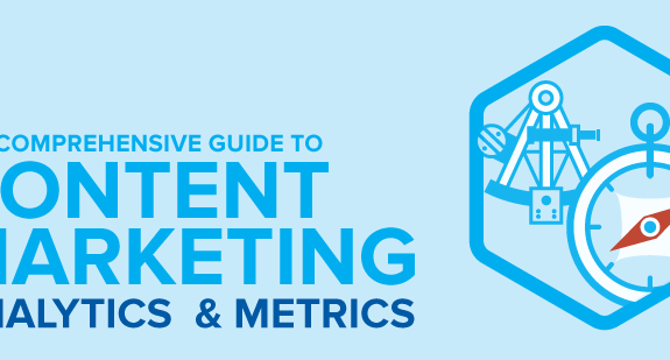Leadgrowdevelop
4d
1.3k

Image Credit: Leadgrowdevelop
10 Content Marketing Metrics to Monitor in 2025
- Content marketing metrics play a crucial role in evaluating the effectiveness of content and aligning it with business goals; monitoring these metrics is vital for refining strategies and improving performance.
- Keyword rankings are essential for driving traffic to content; tracking keyword positions provides insights into SEO effectiveness and suggests areas for improvement in content strategy.
- Conversion metrics, such as conversion rate and click-through rate, help measure campaign success by evaluating audience engagement and actions taken, aiding in determining the ROI of marketing efforts.
- Sentiment analysis, particularly in social media, assists in understanding audience perceptions and adapting messaging to enhance customer engagement and satisfaction.
- ROAS (Return On Ad Spend) is a crucial metric for assessing the value generated from advertising expenditures, indicating the effectiveness of marketing investments in driving revenue.
- Share of search is a significant metric that reflects brand visibility and market awareness, providing insights into a business's position relative to competitors and consumer recognition.
- Unique page views help understand content engagement with new visitors, allowing for tailored content strategies that cater to audience preferences and interests for increased visibility.
- Backlinks, considered as votes of confidence, enhance credibility and visibility in search results, demonstrating content quality and relevance to both audiences and search engine algorithms.
- Website traffic to website lead ratio is crucial for assessing the effectiveness of a website in generating quality leads and driving sales, emphasizing the importance of understanding visitor behavior and optimizing content strategy.
- Email marketing performance metrics, including open rates, CTR, and sharing rates, provide insights into audience engagement and content effectiveness, enabling targeted messaging and refinement of email campaigns for better results.
Read Full Article
20 Likes
For uninterrupted reading, download the app